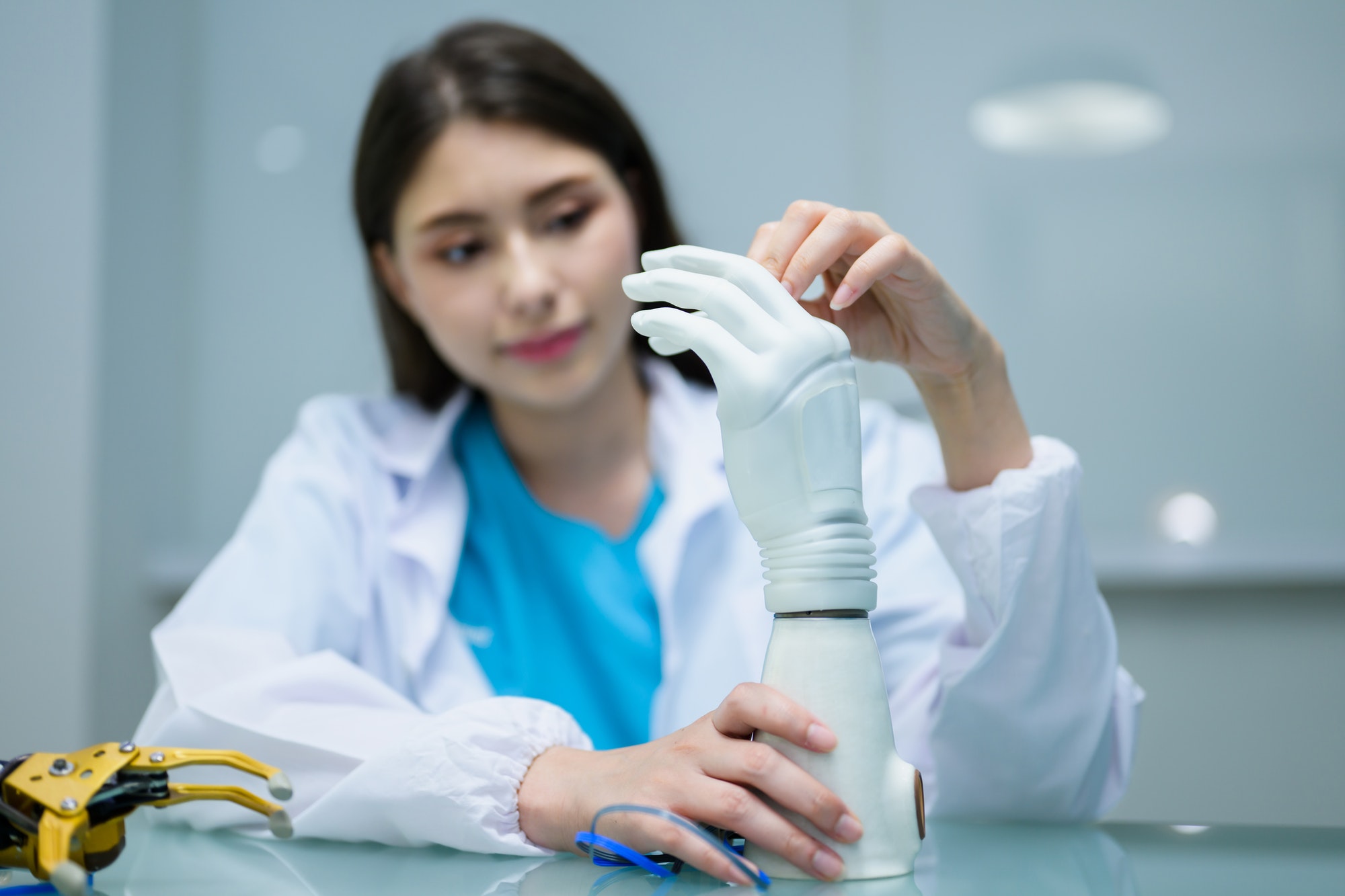Explore how generative AI, a super cool tech in the world of artificial intelligence, is set to totally change the game in healthcare. It’s all about making patient care better and making the admin side of things a whole lot smoother through digital health and clinical AI.

Why Generative AI is a Big Deal in Healthcare
GenAI: A Huge Step Forward for Healthcare
So, we’re on the brink of something huge in healthcare, thanks to generative artificial intelligence (genAI). This isn’t just a small step forward; it’s a giant leap in making healthcare better at caring for patients and being more efficient. GenAI is special because it can create all sorts of stuff, like text, images, and even help in making decisions. This is a big deal, especially since healthcare has been kind of slow in using new tech, like how it took ages to get electronic health records (EHRs) going.
Solving the Productivity Puzzle
GenAI is stepping in to fix a big problem in healthcare – the productivity puzzle. For a long time, new tech in healthcare didn’t really make things more productive. But genAI is changing the game. It’s easy to use, doesn’t need a bunch of new hardware, and fits right into the digital stuff healthcare already uses. It lets healthcare pros focus more on taking care of patients and less on paperwork, which is a win for productivity.

GenAI Changing the Healthcare Game
Making Admin Work Easier
GenAI is starting to make a big difference in cutting down admin work. It’s handling things like setting up appointments, refilling meds, and dealing with insurance stuff. This makes everything more efficient and improves the patient experience by cutting down wait times and making processes smoother.
Helping Out in Clinical Settings
In clinics and hospitals, genAI is being used to write detailed clinical notes, sum up patient records, and help with diagnoses. It suggests possible health issues but doesn’t replace the doctors’ and nurses’ expertise. This shows how AI can help out in healthcare without taking over the human side of things.
Tackling Challenges and Moving Forward with GenAI in Healthcare
Dealing with Integration and Adoption Hurdles
Bringing genAI into healthcare isn’t super easy. We need to keep making AI better, especially since healthcare is really important. Fitting AI into current EHR systems is easier than before but still needs some work. Also, the cost of bringing in AI tech needs to be worth it in the long run.
Working Together with Healthcare Pros
For genAI to really work well in healthcare, it’s important that healthcare workers get involved in developing these systems. This means building trust in AI and making sure everyone knows how to use it right. Training and rules are key to help healthcare leaders and staff use these digital tools in a way that’s effective and ethical.

Frequently Asked Questions (FAQs) About Generative AI in Healthcare
What is Generative AI (GenAI) in Healthcare?
Generative AI, or genAI, is a type of artificial intelligence that can create new content, like text and images. In healthcare, it’s used to improve patient care and make administrative tasks easier. It’s a big step forward because it can do things like help with decision-making and integrate with existing healthcare systems.
How Does GenAI Improve Patient Care?
GenAI improves patient care by supporting healthcare professionals. It can help with diagnosing, creating detailed patient notes, and summarizing records. This means doctors and nurses can spend more time with patients and less on paperwork. It doesn’t replace human judgment but adds a helpful layer of tech support.
Can GenAI Replace Healthcare Professionals?
No, genAI is designed to assist, not replace healthcare professionals. It provides support in decision-making and administrative tasks but relies on the expertise and judgment of human healthcare providers.
What Are the Benefits of GenAI in Healthcare Administration?
In administration, genAI streamlines tasks like scheduling appointments, refilling prescriptions, and processing insurance claims. This reduces wait times for patients and makes the whole healthcare experience more efficient.
What Challenges Come with Integrating GenAI in Healthcare?
Integrating genAI in healthcare faces challenges like improving AI capabilities continuously, ensuring seamless integration with existing systems like EHRs, and balancing the costs of implementation with expected benefits.
How Important is Collaboration Between Healthcare Professionals and GenAI?
Collaboration is crucial. Healthcare professionals need to work with genAI systems to ensure they’re used effectively and ethically. This involves building trust in AI, understanding how to use it properly, and having the right training and governance structures in place.
Is GenAI in Healthcare Cost-Effective?
The cost-effectiveness of genAI in healthcare depends on various factors, including the specific application, the efficiency gains, and the long-term benefits in patient care and administrative efficiency. The initial investment may be high, but the potential for improved efficiency and patient outcomes can make it worthwhile.
How Secure is Patient Data with GenAI?
Patient data security is a top priority in genAI applications. Developers and healthcare providers must ensure that genAI systems comply with data protection regulations and use advanced security measures to protect patient information.
Can GenAI in Healthcare Lead to Better Health Outcomes?
Yes, genAI has the potential to lead to better health outcomes by providing more accurate diagnoses, personalized treatment plans, and efficient patient monitoring. This can result in more effective treatments and improved patient care.
How Will GenAI Change the Future of Healthcare?
GenAI is set to change the future of healthcare by making it more efficient, personalized, and accessible. It will enable healthcare providers to focus more on patient care and less on administrative tasks, leading to a more patient-centric approach in healthcare.
Sources UCSF


